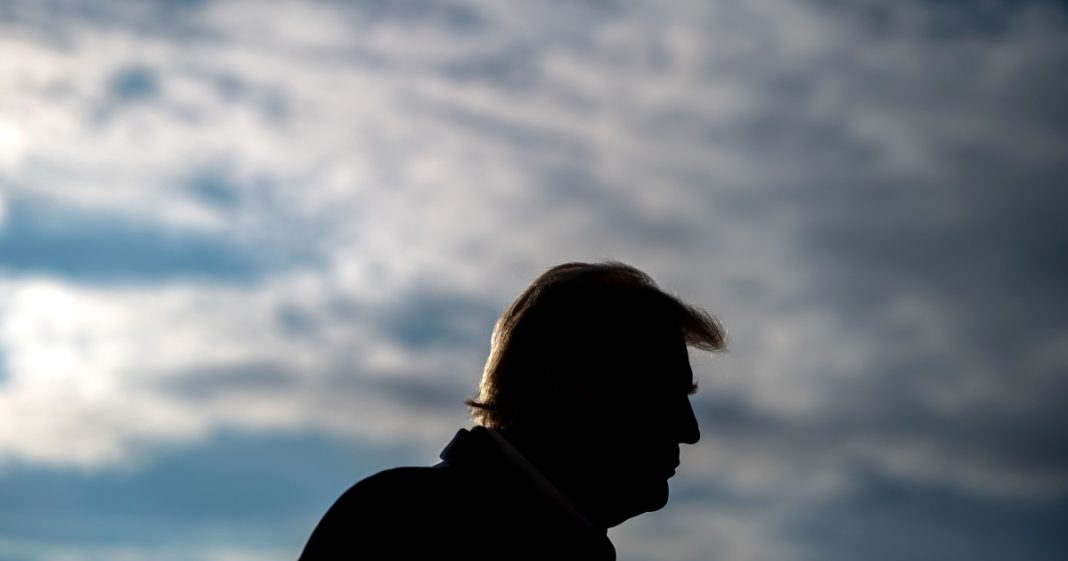Key Takeaways
- Three major labor unions sue Trump administration over social media surveillance program
- Lawsuit claims program violates First Amendment rights of visa holders
- Government using AI tools to scan posts of 55+ million visa holders
- Multiple legal challenges ongoing against visa revocation policies
Three major labor unions have filed a lawsuit against the Trump administration challenging its program of monitoring social media posts of visa holders. The Electronic Frontier Foundation, representing the unions, argues the surveillance violates First Amendment rights of people legally residing in the United States.
Legal Challenge Against Mass Surveillance
The lawsuit filed in New York federal court seeks to block what it calls “viewpoint-based investigation and surveillance” and demands the purging of all records collected under the program. The Trump administration has been using social media screening to identify posts deemed hostile or threatening as grounds for visa revocations.
President Trump’s January executive order targeted noncitizens with “hostile attitudes” toward the US, while the Department of Homeland Security in April announced screening for antisemitism. White House official Stephen Miller confirmed in July that officials continuously work to revoke visas of foreigners who “espouse hatred for America.”
Scale of Monitoring and Previous Rulings
With over 55 million valid US visas currently active, the program potentially affects a massive portion of the foreign national population. The legal landscape remains complex – a Boston federal judge recently ruled that deporting foreign students for supporting Palestinian rights violated free speech, though that decision didn’t address the underlying social media monitoring.
“They’re deploying a variety of automated and AI tools to scan and review speech online at a mass scale that wouldn’t be possible with human review alone,” said EFF staff attorney Lisa Femia.
She emphasized that “a lot of this is core political speech that is absolutely protected by the First Amendment.”
Conflicting Legal Interpretations
State Department spokesperson Tommy Pigott defended the program, stating: “The Supreme Court has repeatedly made clear that aliens do not have the same First Amendment rights as American citizens. We will continue to revoke the visas of those who put the safety of our citizens at risk.”
However, Supreme Court precedent has established that First Amendment protections do extend to foreign nationals within the US, including a 1945 case involving an Australian-born alleged communist.
Unions Claim Chilling Effect on Speech
The lawsuit represents the American Federation of Teachers, Communications Workers of America, and United Auto Workers. It claims union members’ speech is being “chilled by the threat of adverse immigration action” if the government disapproves of their expressions.
The legal action describes the program as an interagency operation between Homeland Security and State Department designed to “detect disfavored viewpoints” and “coerce silence.”
Femia noted the administration’s broad definition of threatening speech creates uncertainty: “The list seems to expand unpredictably at the whims of the president or the administration.”
The State Department’s social media posts about the policy have garnered significant attention, with one thread on X receiving 17 million views this week.




